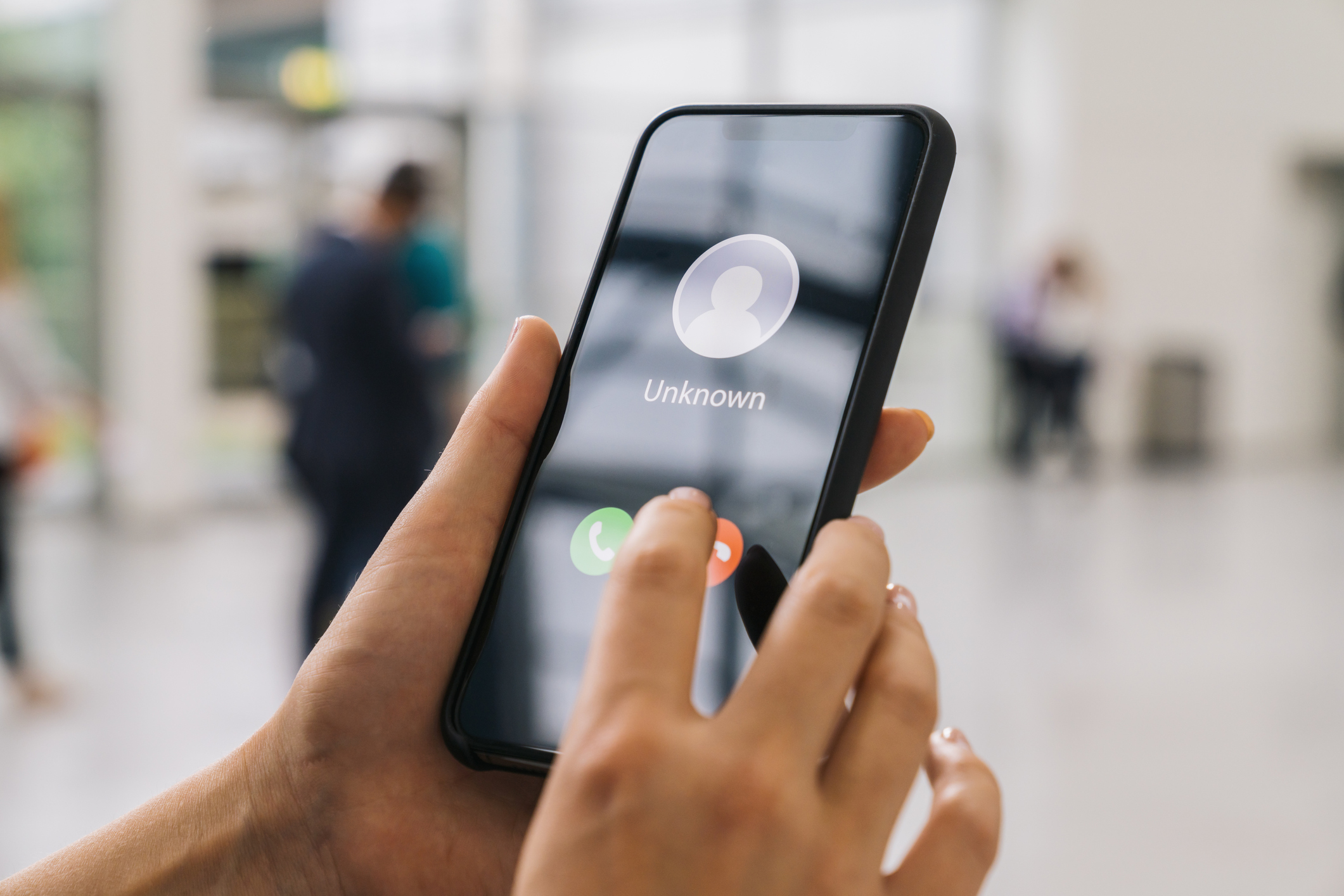Your Security is Our Top Priority
Please be aware that scammers are not affiliated with ACE or any person acting on ACE’s behalf.
ACE Cash Express will never ask you to provide your online banking credentials or password in response to an email or text. Consumers can only apply for a loan at certain ACE locations or by visiting ACE’s website. If you receive a suspicious email, phone call, or text from an unknown sender requesting this information, contact us at (866) ACE-CASH to verify.
ACE will, in some cases, ask for the last 4 digits of your Social Security Number but you are not obligated to provide any sensitive information online and may, instead, call us directly.
ACE Cash Express Will Never:
- Require you to send a wire transfer, load money onto a prepaid card, or purchase a money order or gift card.
- Demand you prepay any amount to consider your loan application or grant you a loan.
- Ask for your login credentials or request you change your password in order to review your loan.
Received Suspicious Emails, Text Messages, or Phone Calls?

Emails or Text Messages
Did you respond to a suspicious email or text message by:
- Clicking on a link;
- Downloading an attachment or software;
- Opening an attachment; or
- Providing personal or account information?
Phone Calls
Did you receive a suspicious phone call and:
- Share personal information or account information?
Call us immediately at 866-ACE-CASH.
Watch Out for Debt Collection or Loan Scams
Debit Collection Scams
Scammers send out maliciously deceiving debt collection communications like phone calls, emails, or texts falsely claiming to represent lenders like ACE Cash Express.
Warning Signs
Threats – Scammers may send threats of legal action, wage garnishment, or taking some type of action to acquire your social security number or other personal information.
Failing to provide validation of the debt – A debt collector must send a written notice containing the details of the debt upon the consumer’s request. If someone refuses to provide this information, it is likely a scam.
Refusing to provide you information about the debt - Scammers won't provide the amount of debt owed, or may use fake case numbers you don't recognize.
Scammers may email you using generic email addresses like Gmail, Yahoo, or Outlook. Communications from ACE will only come from an ACE Cash Express or Populus Financial Group email address.
Loan Scams
Scammers falsely claiming to represent ACE Cash Express ask consumers to load money onto a prepaid card, purchase money orders, or send funds using MoneyGram to get a loan. They might even use the ACE name, logo, and mailing address in their correspondence.
Warning Signs
Bad credit and previous loan history are ignored – A lender that ignores your credit history is probably a scammer.
Asking for money up front – Scammers often ask for money through wire transfer to receive a loan. ACE will never ask consumers for payment upfront to apply for or receive the proceeds from a loan.
Be cautious of unsolicited communications that request your confidential information.
Scammers may send you text messages often suggesting urgent action, threatening you to act quickly, or offering you money in exchange for your information.
Helpful Resources
- File a Complaint Opens in new window
- Consumer Financial Protection Agency Opens in new window
- How to Spot Fake and Abusive Debt Collectors Opens in new window
- Learn the Difference Between Legitimate Collectors and Scammers Opens in new window
- AARP Scams and Fraud Awareness Opens in new window
- Identity Theft Recovery Resources Opens in new window
- ACE Cash Express Privacy Policy
- ACE Cash Express Online Privacy Notice

